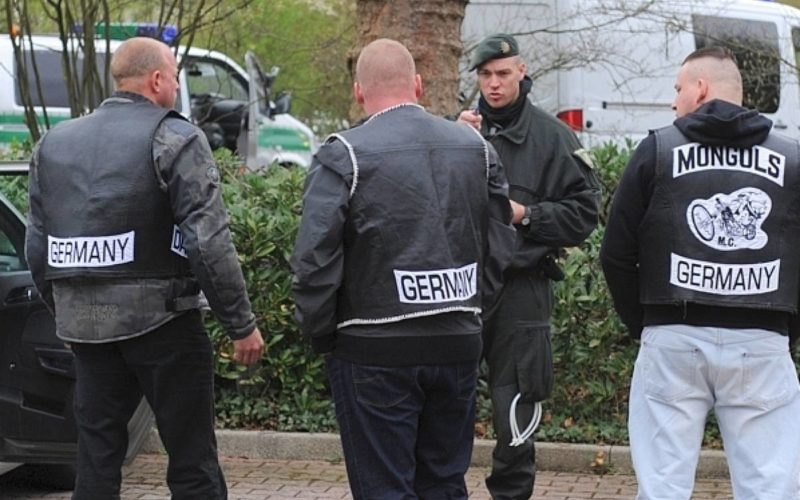Miri’s flight landed at 10 a.m. German time (0900 UTC) in Beirut, where the German police handed him over to Lebanese authorities.
The deportation marked the second time in a matter of months that 46-year-old Miri has been deported. He reappeared in the German city of Bremen just months after he was flown back to his home country in June, following years in prison.
German security authorities believe him to be the chief of a criminal family network, active in Bremen.
Interior Minister Horst Seehofer confirmed that Miri had arrived and thanked all those involved in the operation that “the deportation of Miri was so swiftly carried out.”
He added: “This deportation case proved what can be achieved when there is good cooperation between Germany and other countries.”
No degrading treatment or danger awaits Miri in Lebanon
A Bremen court on Friday ruled that Miri could be immediately deported after refusing his emergency appeal against the deportation.
There was no “serious doubt” over the legality of the original decision by Germany’s Federal Agency of Migration and Refugees (BAMF) to reject Miri’s asylum claim, the court ruled.

Miri would not face any inhumane or degrading treatment in Lebanon. Neither was there any concrete danger to his body or his life due to gang-related blood feuds, the court stated.
A life of crime
Between 1989 and 2014 Miri was charged with 19 separate offenses in German courts, including for serious theft and embezzlement.
The former president of the Mongols MC Bremen had his apartment searched in 2013 by police, who found a cannabis factory in his basement. He channeled electricity needed to grow the plants hydroponically through the electricity meter in the apartment where his mother was living.
Police also raided his mother’s apartment for a second time in 2019, according to newsmagazine Der Spiegel, and found more than 30 firearm cartridges for a .45-caliber weapon.
In 2014, Miri was sentenced to six years for drug trafficking. After being released early from prison in May he was deported to Lebanon in July.
Despite a travel ban that meant he should have been unable to leave Lebanon, Miri reappeared in Bremen in October. He registered an asylum claim with German authorities and was then rearrested.
Source: Deutsche Welle
